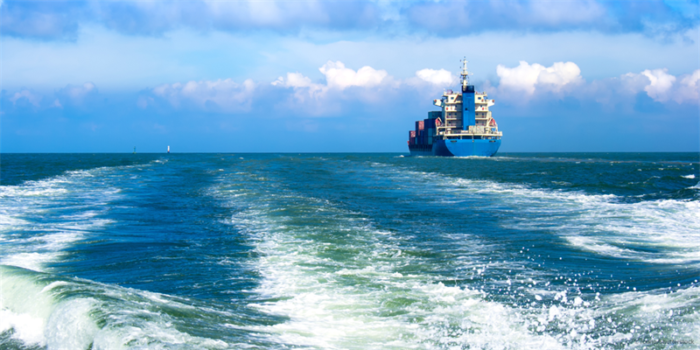Maritime Strategies International has added an Annual Efficiency Ratio (AER) calculation of vessel CO2 emissions in its HORIZON asset valuation platform.
The new feature displays AER estimates for 2020 and compares this to the trajectory published by the Poseidon Principles.
Namely, the MSI analysis found that more than half of the global fleet exceeded the Poseidon Principles trajectory value in 2020. As for compliance, it varies significantly by sector, but the container segment exceeded the trajectory by a far larger degree than other sectors.
Furthemore, some more efficient designs are penalised by the current trajectory methodology. More specifically, while new, fuel efficient designs of 38,000dwt bulk carriers typically have lower estimated AER values than the older, less fuel-efficient 32,000dwt vessels, trajectory values are based on different cohorts.
Third, MSI expects the trajectory to have an enormous impact on the ability of banks to meet their portfolio alignment goals unless action is taken swiftly.
Data modelled using the estimated AER values also showcase the scale of the challenge for the industry in achieving the declining emissions trajectory required by the Poseidon Principles.
Commenting on the findings, Will Fray, Director, MSI, said that the ramifications of these findings are potentially “skewing the provision of finance in favour of some vessel types, knocking on to decisions in the S&P markets.”
Mr. Fray also added that a key plank of the principles is that they will adapt over time but the MSI analysis demonstrates this need is pressing.


































































